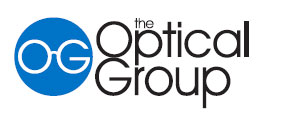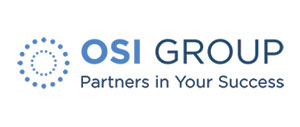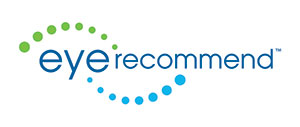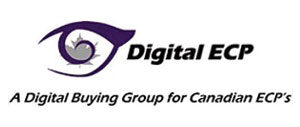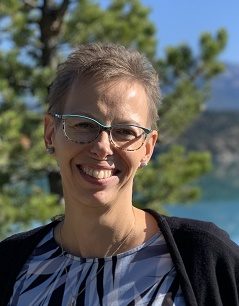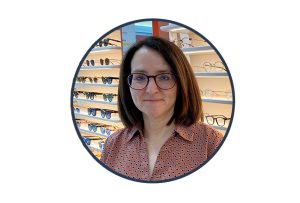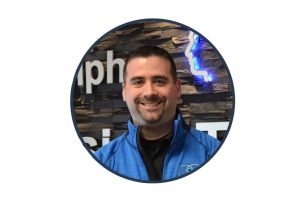
Your practice is your baby. Even if you purchased it from another optometrist, you have put your own hard work in to make it your own.
You’ve toiled, fretted, and challenged yourself to reach new heights and now it’s nearing the time to move on.
When the time comes for selling, it is critical that realistic expectations are set. If not, the goal may never be achieved.
Healthcare is Pandemic Resilient
Thankfully, the market has not cooled since the beginning of the pandemic which is proof that healthcare is pandemic resilient. Vendors need not be afraid to sell if they believe the time is right for them.
People choose to sell for a variety of reasons. Those who have owned 30+ years simply feel it is time to hand over the reins. Some feel that owning a practice is stressful with HR issues, attracting new patients, retaining existing ones, dealing with landlords, etc.
For others, it is the desperate search for work life balance. After all, managing a practice and a young family is no easy feat.
There are also those external and internal events: divorce, health issues, death, partner disputes, death of a partner or a family member, having to relocate or issues with children. All of which can cause a practice owner to want to sell.
Emotions are Natural – Put Them Aside
Regardless of the reason, vendors do need to enter the sale process with the right mindset. The practice itself represents so much more than patient charts, equipment, and the physical location.
Regardless of how long the individual has been an owner, the practice represents them, their efforts, successes, and failures. It is a symbol of fierce pride and accomplishment.
All these reasons are valid which is why the sale of a practice has an emotional component whether an owner wishes to admit this or not.
The harsh truth is that once the decision has been made, the vendor must be realistic in how the process will unfold and more importantly how a buyer will view their practice.
It is not uncommon for a vendor to believe that the buyer should be grateful to acquire such an amazing practice. However, a buyer, while happy to have the ability and opportunity to purchase the office, also believes they are paying the vendor a fair price.
This is where things get a bit tricky.
Consider the Buyer’s Burdens
During the negotiations, the vendor feels the buyer should agree to all their terms because they are presenting them with an office they can simply walk in to and take over, unlike the vendor who had to work exceptionally hard to establish and build this practice.
The buyer on the other hand, feels that their requests should be accepted because once again, they are paying a healthy price. Whenever money changes hands the potential for ugliness to rear its head most certainly can be expected.
Many vendors believe any purchaser of their practice will be successful if they simply treat their patients well.
This is partially true, but a buyer likely must make some improvements, engage in a marketing plan, and most importantly have the staff rally around them to ensure their success.
Buyers, unlike the current owner are also carrying a significant loan, therefore the room for error is quite slim. If a vendor wants to stay on as an Associate for a period, many will demand 45% to 50% as associate compensation.
While this certainly makes sense given the level of experience and maturity the vendor has, the reality is that if this vendor worked with a large corporation, the compensation would be 40%.
In addition, more times than not, the numbers simply do not work for the purchaser by the time the bank loan is repaid along with the overhead and some type of draw to cover personal expenses.
Post Sale Emotions – Be Prepared
Another expectation that must be addressed by the seller is the relinquishing of control.
They may be your patients and staff today, but on day one of new ownership, these fine people are now the buyer’s patients and staff.
This can be a very tough thing to accept particularly if the vendor wishes to remain working post-sale. Vendors are very protective of patients and staff. They are always worried that the new owner will not be accepted easily.
They worry how staff will be treated. Buyers worry about this too; they worry that they will not be seen as the owner and that staff will constantly run back to the prior owner.
When the vendor wants to stay post-sale, they must accept the changes made by the purchaser regardless of whether they agree or not. It is difficult to change behavours after 20 or 30+ years of being in charge. The vendor must be prepared that their opinion is not required regarding new technology, schedule changes, treatment planning and staff motivation (or lack thereof).
The vendor must also be willing to accept additional growth generated by the new owner. One cannot have regrets when the buyer increases revenue by 20 or 30%.
There will almost always be opportunities for improved efficiencies, expanded hours, etc. It is not a sign that the vendor did not maximize potential or failed to reach a certain level of success.
A vendor needs to understand that it is normal for a level of comfort to set in, particularly when the practice and perhaps even personal debt is paid off or at least nominal.
Selling a practice can be quite emotional for some vendors. It is so critical to be prepared because an owner does not want to suddenly be faced with a good offer and back out of a sale midway through the transaction because they did not prepare themselves psychologically for what happens next.
Get the Right Advisors
Fear of the unknown can be paralyzing, and no one can make the best financial decisions if the proper time was not spent planning for the next phase. Transition planning looks different for every practice owner.
The common thread is the need to proactively prepare for both the financial and emotional aspect.
With the right advisors, vendors can successfully go through the sale of their practice with few battle scars. Change is always scary, but it is also important to remember that none of us are defined by our professional occupation.
There are so many other facets of our lives that we should be aware of and be grateful for. Life post-sale can be exciting if one chooses to make it so.

JACKIE JOACHIM
Jackie has 30 years of experience in the industry as a former banker and now the Chief Operating Officer of ROI Corporation. Please contact her at Jackie.joachim@roicorp.com or 1-844-764-2020.











